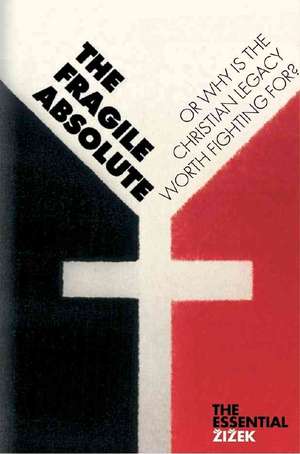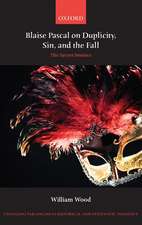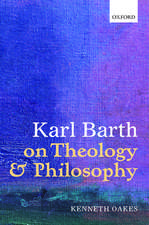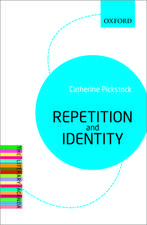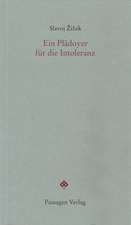The Fragile Absolute: Essential Zizek
Autor Slavoj Zizeken Limba Engleză Paperback – 31 dec 2008
The wager of Žižek’s The Fragile Absolute – published here with a new preface by the author – is that Christianity and Marxism can fight together against the contemporary onslought of vapid spiritualism. The revolutionary core of the Christian legacy is too precious to be left to the fundamentalists.
Preț: 136.97 lei
Nou
Puncte Express: 205
Preț estimativ în valută:
26.21€ • 27.20$ • 21.91£
26.21€ • 27.20$ • 21.91£
Carte disponibilă
Livrare economică 22 februarie-08 martie
Preluare comenzi: 021 569.72.76
Specificații
ISBN-13: 9781844673025
ISBN-10: 1844673022
Pagini: 157
Dimensiuni: 138 x 196 x 14 mm
Greutate: 0.24 kg
Ediția:New ed.
Editura: VERSO
Seria Essential Zizek
ISBN-10: 1844673022
Pagini: 157
Dimensiuni: 138 x 196 x 14 mm
Greutate: 0.24 kg
Ediția:New ed.
Editura: VERSO
Seria Essential Zizek
Notă biografică
Slavoj Žižek is a Slovenian philosopher and cultural critic. He is a professor at the European Graduate School, International Director of the Birkbeck Institute for the Humanities, Birkbeck College, University of London, and a senior researcher at the Institute of Sociology, University of Ljubljana, Slovenia. His books include Living in the End Times, First as Tragedy, Then as Farce, In Defense of Lost Causes, four volumes of the Essential Žižek, and many more.
Recenzii
“Righteously to battle the tsunami of postmodern spiritual mush, Žižek attempts a reconciliation between Marxism and Christianity, eccentrically (against Nietzsche) trying to recuperate St Paul for the radical Christian.”—Guardian
“Žižek leaves no social or cultural phenomenon untheorized, and is master of the counterintuitive observation.”—The New Yorker
“This is a subtle argument ... Žižek applies it with a broad brush to both contemporary society and popular culture.”—Boston Book Review
“Žižek leaves no social or cultural phenomenon untheorized, and is master of the counterintuitive observation.”—The New Yorker
“This is a subtle argument ... Žižek applies it with a broad brush to both contemporary society and popular culture.”—Boston Book Review
